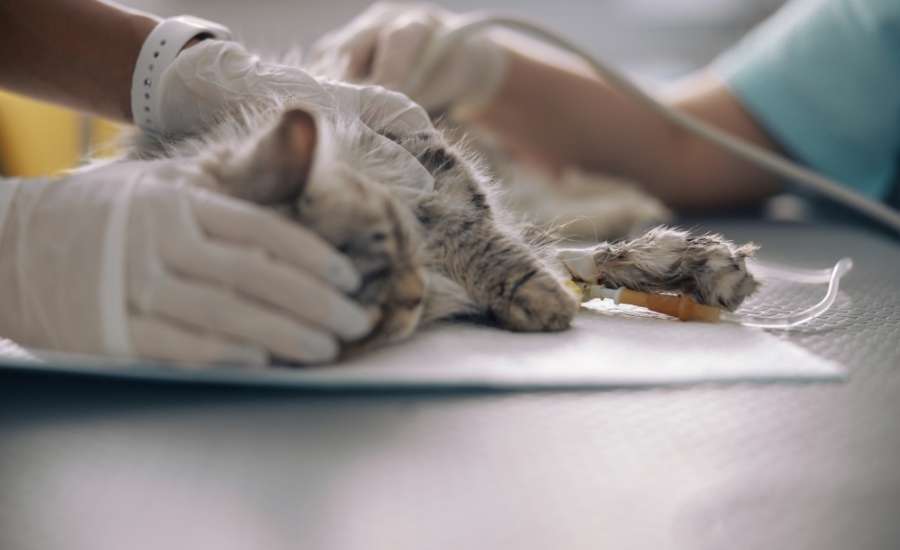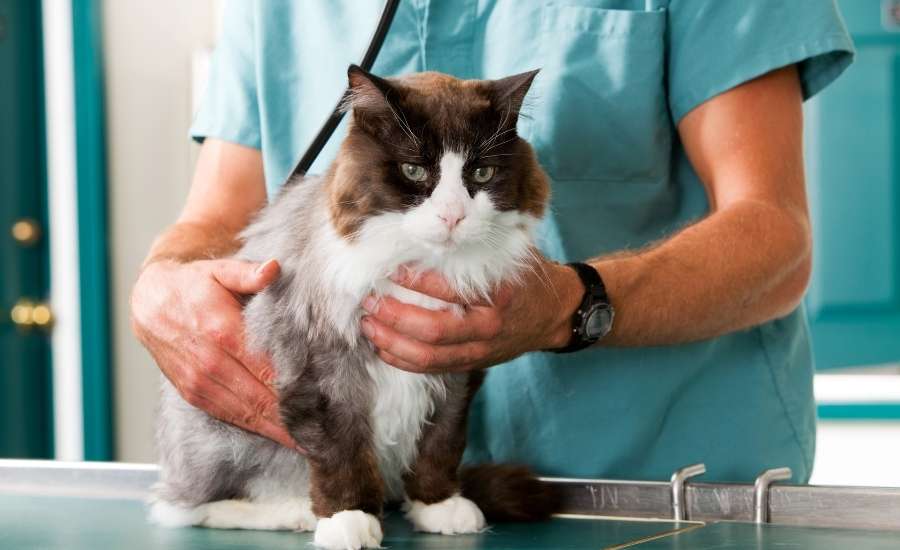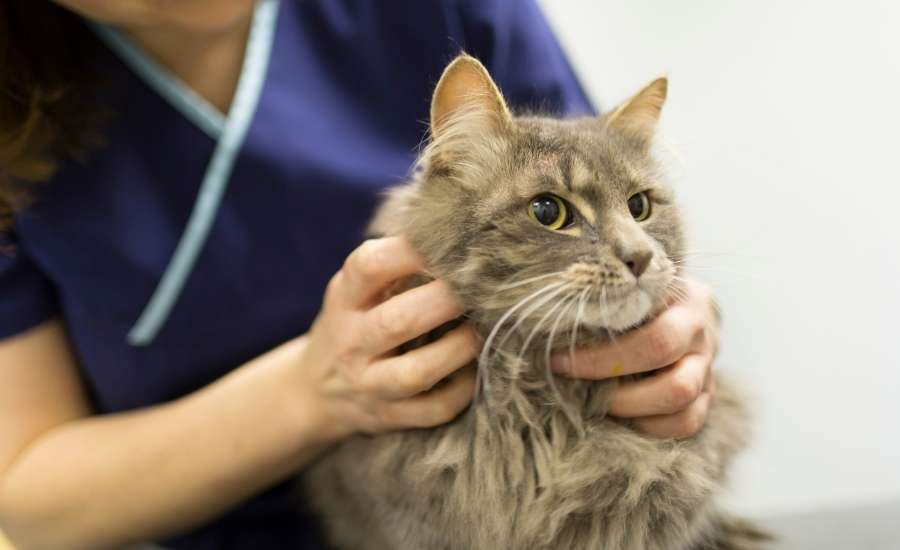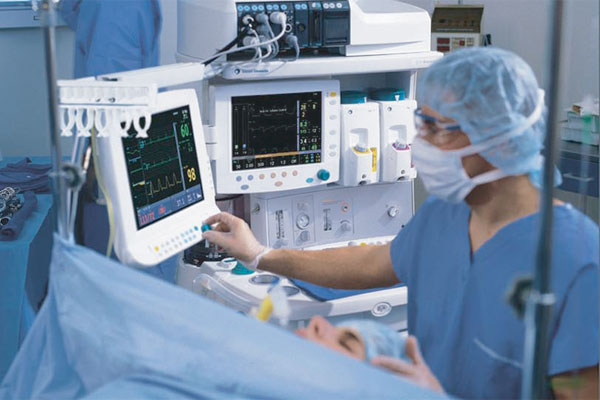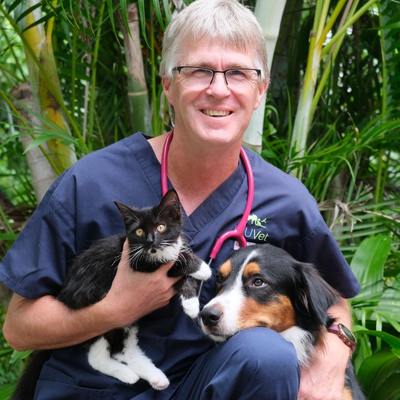Feline Obesity and Diabetes Mellitus
Dr. Delissa Appleton
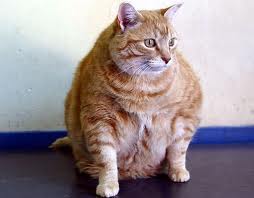
Lecture Content
Feline Obesity and Diabetes Mellitus
Dr. Delissa Appleton

Click on the video tab to start watching the video.
Lecture marked as incomplete?
In order for the video to be counted as viewed, it must be watched until the very end. If you haven't completed watching 100% of the video and want to ensure that this lecture is recorded on your account, please drag the marker within the video player window to the end of the file. This will allow you to proceed and obtain your certificate.

